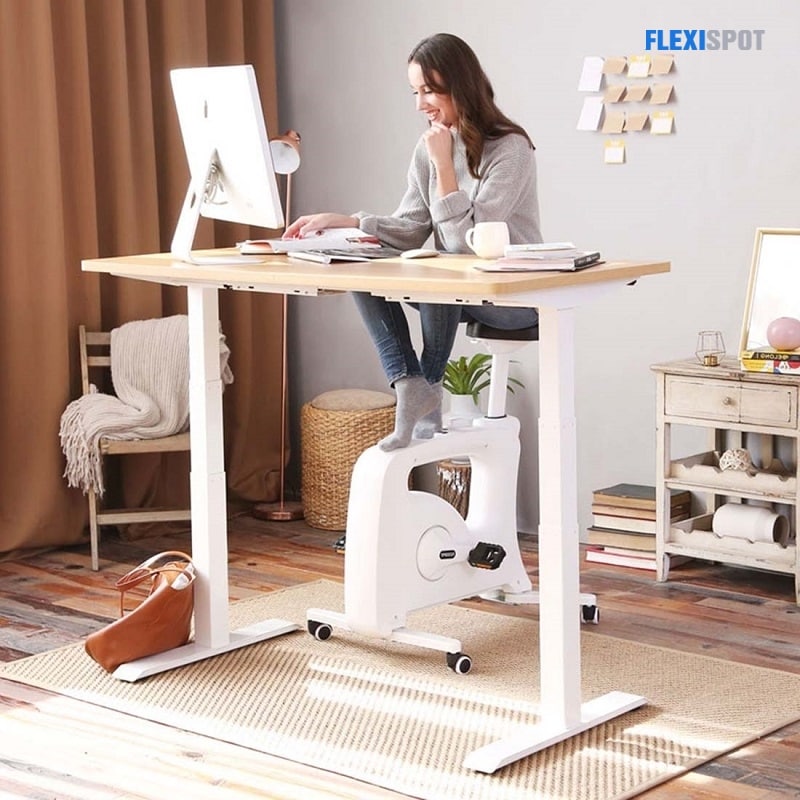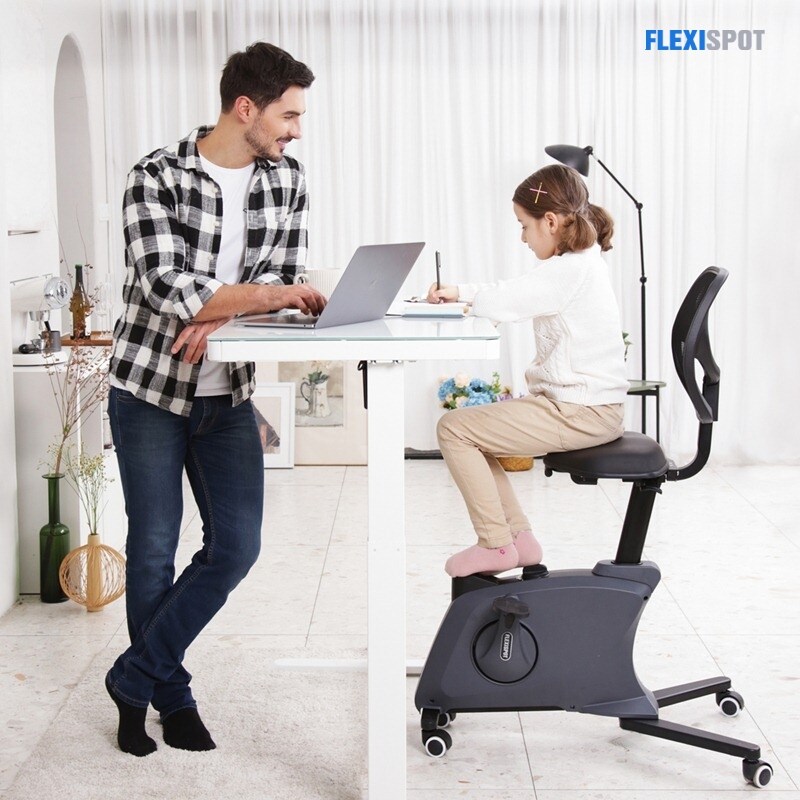To satisfy the latest educational standards, educational institutions update their program regularly. Unfortunately, they do not pay close attention to the classroom seating plan, chairs, and desks, among the essential aspects of a classroom environment. Classroom furnishing must be appropriate for the students, allow for movement, and invariably foster healthy posture. Seating requires a certain amount of activity. All of these aspects have a significant impact on students' understanding and, when done correctly, can significantly improve their performance.
Sitting, as per some in the ergonomics research area, is challenging. Our bodies are continually moving, even when we "sit still." Sitting necessitates both big and small movements. Micro movements are required to maintain balance and make minor adjustments. Moving our legs and arms is a part of more extensive actions. Both movements are necessary for our health. However, for students, this is easier said than done. Take a look at this information:
- More than 83 percent of students sit in chair-desk combos that are not appropriate for their body height. According to the experts, most school furniture is outdated and does not meet the minimum orthopedic-physiological standards.
- Elementary school children sit for around nine hours each day. According to another statistic, students spend about 80% of their time sitting in classroom chairs. Even in preschools, children spend a substantial amount of time on chairs.
- Classroom sitting was initially meant to encourage an upright posture, which might result in excessive physical exertion. Poor posture can also cause diaphragm compression, affecting respiration and voice quality.
- Traditional chairs have a stiff seat that tilts back and blends into a seated hollow. This design can result in poor blood flow, back-arching, strained shoulder, neck, and back muscles, compressed digestive organs, and spinal cord compression.
- It is well known that poorly designed classroom furniture affects cognitive ergonomics, or how our minds function and other cognitive processes. Lack of focus, difficulty concentrating, memory problems, and more insufficient accomplishment levels are some examples.
Giving Importance to Furniture and Space for Learning
Both are equally important for children's comfort and keep them engaged and productive, be it a desk or chair. We need to shift away from the 'sit still and listen' learning and teaching approach and toward one in which teachers and students connect and participate in the setting. The same standards can apply whether studying at home, doing schoolwork, or doing homework. These days, equipment such as ergonomic chairs and adjustable sit-stand desks are in demand for some good reasons:
Better Concentration
A dedicated workspace allows the child to focus and be motivated to complete their tasks while also providing a room for more creative hobbies such as sketching, writing, and gaming. It is also beneficial to have adequate space to store everything connected to school and other activities to actively get into what should have been on the to-do list. Strategically dividing the workload into manageable portions will help to boost productivity.
Improve Sleep Pattern
When you study at a desk and chair, you may isolate work/study and sleep time. Working at a desk is often far more productive and can help reduce anxiety and stress caused by excessive pressure. You could also use a desk to keep the bed a calm and peaceful area, which will encourage sleep and increase sleep quality.
Comfort
The couch is comfortable; however, it is not conducive to working. The same is true for a child who is doing homework. Couches not only tend to be positioned in the sitting room, which is riddled with distractions, but they also make it harder for your child to concentrate. At home, a study space with a comfy chair and desk with the proper height for a child to support appropriate posture is just as crucial for a child's growth. This is critical for any child (or adult) who will be sitting for long durations. Having excellent posture and adequate body support will help to protect you from future health-related difficulties.
Overall Health and Well-Being
Choosing to study away from a desk might also be detrimental to your psychological health and well-being. Investing in a desk for education is crucial for remaining healthy and happy, whether you're searching for a workstation for your child to accomplish their schoolwork or as a higher education student. Devoting study or workspace in your home with a decent desk and chair guarantees that you can stay focused on your work to create goals, keep organized and achieve in your studies. It is critical to take enough breaks if you have a workspace that you can physically back away from. All of these can allow you to keep your stress levels under control and assure your general well-being.
Responsibility
In today's society, the possibilities of your child using a desk for work as they get older and enter their intended profession are relatively high. We also live in a more connected world, so having a desk at home lets you go online, chat with family and friends, and enjoy some leisure even if you don't need one for your job. When you buy a desk for your child, you also show them how to keep a nice and clean space. They can also acquire a sense of control for the area, feeling pleased with the tasks they've performed there and how clean it has been kept. It also gets kids in the habit of cleaning their desks.
Our Recommendations
- Height Adjustable Ergonomic Kids Study Desk
- Height Adjustable Ergonomic Study Desk
- Vici Duplex Standing Desk
- Ergonomic Mesh Office Chair 5405
- Fluorescent Racing Style Chair 1325
- Accent Chair 005
Children begin learning at school by sitting behind a desk; therefore, it is critical to prepare them for it by getting a desk at home. It's a good idea to start browsing for desks whenever they can appreciate books, practice drawing, or play with more complex toys. On the other hand, classroom furniture is an environmental aspect that is all too frequently overlooked, although it has a substantial impact on a student's learning. This presents an opportunity for schools and academic institutions to boost student learning and engagement by emphasizing adequate classroom equipment.


